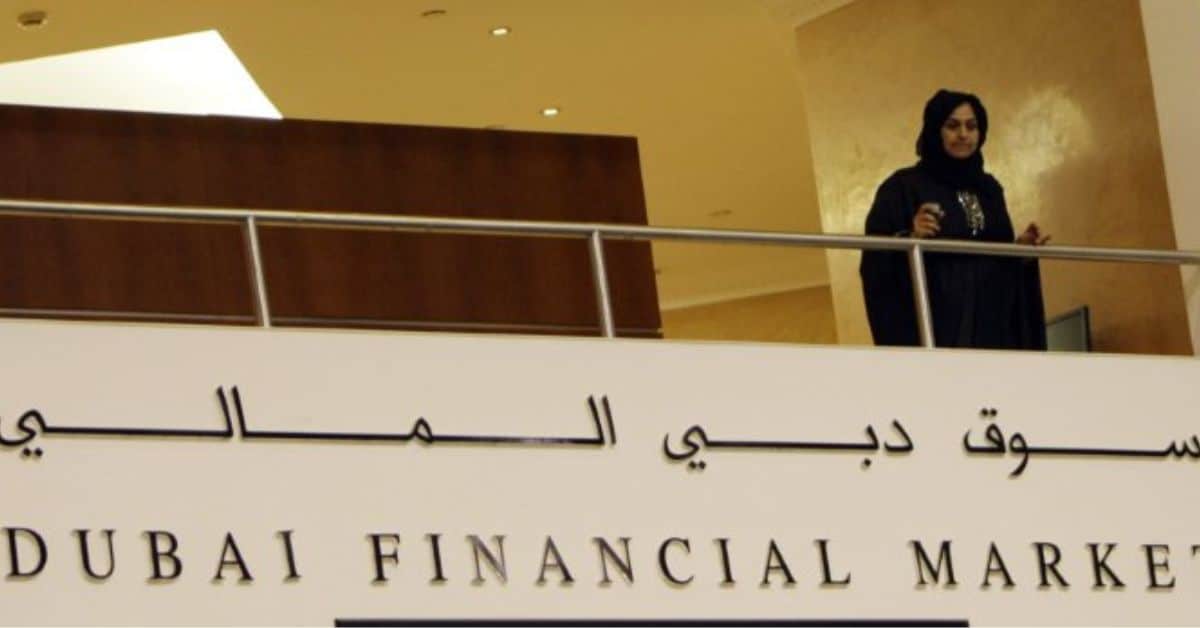DUBAI, UAE — Women leaders are just as competent as men, contributing to improved financial outcomes for businesses, Sahar Haidar, Director of Global Operations at Amana, told TRENDS in a recent interview.
“In today’s fast-paced world, quick decision-making and strong connections are essential – qualities women are uniquely equipped to offer,” added Sahar while discussing her experiences as an Arab woman working in traditionally male-dominated fields and the importance of fostering an environment that supports women in the workforce.
“Growing up, our role models were often limited to certain industries or sectors,” Haidar said. Despite this, she was fortunate to have mentors who encouraged her to push boundaries, enabling women like herself to succeed in leading global institutions such as the International Monetary Fund (IMF) and the European Central Bank (ECB).
Born and raised in Lebanon, Haidar chose business as her major, eventually earning an MBA in financial services. Today, she leads Global Operations at Amana. Haidar believes it is time to shift the conversation towards how to encourage and sustain Arab women in the Middle East workforce.
“Over the last few years, there has been a seismic shift in how we view the role of women at workplaces and the value we add. Creating an environment conducive to growth for women is no longer a nice-to-have but simply good business sense. This is the right time for longer-term consideration and collaboration,” said Sahar.

Governments in the GCC have made a sustained effort to encourage greater participation by women in recent years, providing access and a regulatory framework for women in the region to pursue their dreams and careers, she pointed out.
Haidar also highlighted the importance of mentoring, believing that support, advice, and guidance from men or women are invaluable to anyone’s career path. “We should all work together to create more mentoring networks and opportunities,” Sahar said.
In a motivational message to women, Haidar stressed the importance of perseverance: “Continue on your path, hold on to your conviction, and never let anyone tell you you aren’t good enough. Believe in yourself, and never be afraid to ask for help. Just do it!”








